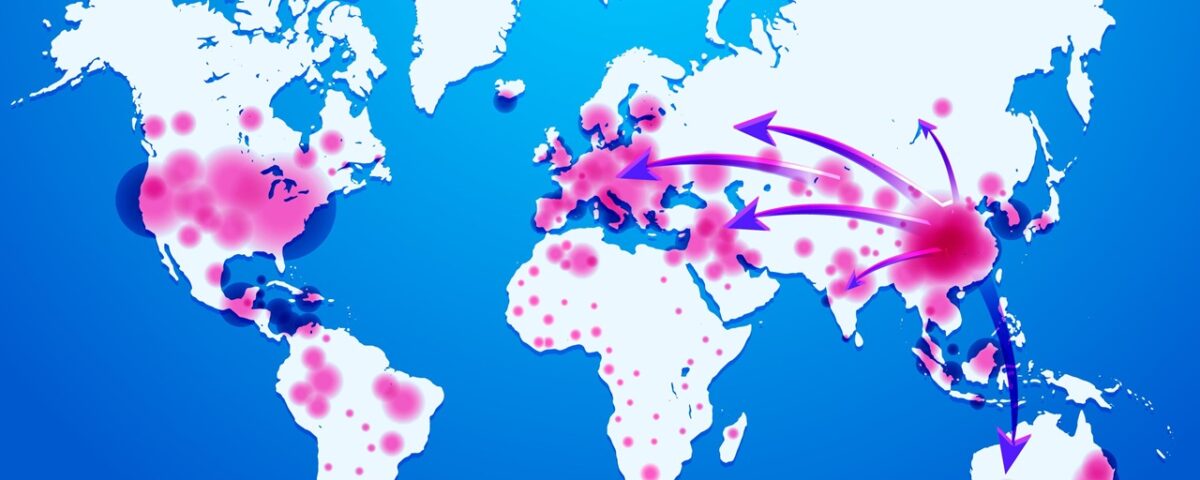In the geopolitical arena, the Sino-American rivalry is becoming increasingly complex. The United States, for all its power, seems oblivious to China’s long-term ambitions. Beijing’s strategic vision is to become the world champion of technology and establish the yuan as the international reference currency. To achieve this, China is counting on the West, where are its main customers, the Americans and the Europeans.
Washington is reacting cautiously, raising tariff barriers and banning imports of products deemed a threat to national security. Europe, for its part, is more cautious, attributing the slowdown in its trade with China to cyclical rather than structural factors.
China, a shrewd investor, continues to place its pawns in the West while gaining technological autonomy. For the West, turning away from China means giving up cutting-edge technological expertise, often superior to its own, in key areas such as telecommunications components, nuclear power, electric transportation and space exploration. This would be tantamount to holding back their own technological progress, a long-term dead end.
The United States, in a defensive posture, seems to have accepted the inevitability of Chinese expansion, fueled by the growth of APAC countries, including India, which is emerging as a major future player. With the rise of digital technology and stifled innovation, the decline of the United States is underway, upsetting the established world order.
The nationalism ignited by these tensions could lead to armed conflict, a brutal throwback to what was considered a more benign time. By forcing the West to adopt Cold War strategies, Russia is hampering its ability to counter Chinese and Indian technological expansion. If this tactic prevails, it could signal a shift in the world’s center of gravity toward Asia. In this maneuver, Russia is securing Ukrainian grain, an important asset vis-à-vis African countries rich in rare minerals essential to technological development.
Israel’s attempt to open a front against Iran has failed. The Russian-Iranian alliance is proving to be robust, and despite internal opposition, the regimes of both countries manage to keep their citizens in check. What’s more, no other country in the region hostile to Iran wants to see Israel’s project succeed, not even the United States. The sacrifice of the Palestinian people on the altar of geopolitics will have served no other purpose than to strengthen Iran. Israel cannot go it alone and isolate itself from its Western and Arab allies.
The upcoming European elections are a cause for concern, with the prospect of a rise in nationalist and protectionist sentiments exacerbating the current situation. Indeed, if trends continue, the risk of an armed conflict between the US and China within the next 20 years becomes tangible, as a last desperate attempt before a possible collapse. The opposing blocs of China, Russia, Iran and India on the one hand, and the United States and a reluctant European Union on the other, leave little hope for the West.
The European Union holds a crucial card: the promotion of technological excellence and effective regulation to facilitate its diffusion. The creation of a regulatory framework conducive to the revival of international exchanges of technology, people and capital is the only way to achieve the global equilibrium that is essential if we are to meet the environmental and societal challenges that lie ahead.
Instead of its isolationism, based on the idea of its technological and industrial supremacy, which is now being challenged, especially by China and, to a certain extent, by India, the United States would benefit from rebuilding its alliance with Europe on an egalitarian basis, the only strategic path that favors a balanced global development for all, in the face of the current challenges that call into question the future of the planet.

